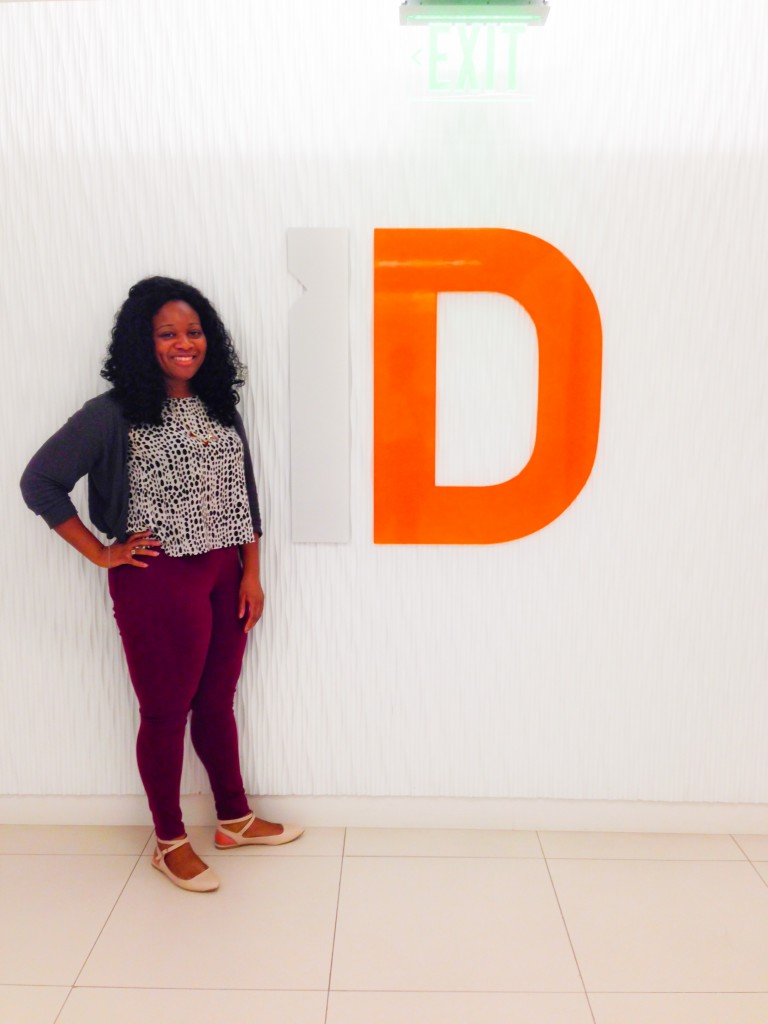We’ve all heard the common adage, “If it’s not broken, then don’t fix it.” But what if I proposed to you that this way of thinking was actually inhibiting your growth potential? What if I said that in certain situations, it’s more sustainable to continually fix something, even when there is no danger present? Would you believe me? Well, if you still need convincing, please read on…
There are times in life where things are just going to be amazingly good. We’ll have the best significant other, have just landed the coolest job ever — complete with an amazing salary. For some people, just being able to finally shave their legs or do their laundry is enough to constitute a really amazing day, week, or even year.
With all that awesomeness surging through your veins, however, it can be pretty easy to get comfortable and complacent, and that is where the danger lurks. I had a friend once tell me that the only constant thing about the future is that it’s always changing. Getting too comfortable with how something is working in the present might create adversities for adapting to changes in the future. For me, personally, I found that the best way to stay flexible to these changes is to be, well…paranoid.
If you glanced at my resume, the first question you would probably ask is, “why has she done so many professional development programs?” INROADS, Deloitte, Fullbridge, Scripps’ Emerging Professionals Program; you name it, and I’ve probably done it once, if not twice. And I can see the “why” formulating at your lips. Wouldn’t I be just as good with just one of those programs? Doesn’t it start to get redundant after a while? And the truth is, sometimes. But my paranoia has led me to develop FOMO (Fear Of Missing Out) Syndrome.
Yeah, doing one program is fine, and I’m sure there are components that will be similar in the second program, but…what if there’s something more? What if I miss some crucial piece to this World of Work Puzzle? For instance, what if there’s an alternative way to shake your interviewers hand that the first program didn’t teach, but the second one does?! I’m being facetious now, but this past winter break my paranoia did, in fact, bring me a huge payoff.
I remember making inquiries in the fall about the Fullbridge Program, a start-up program that is dedicated to providing liberal arts students with the transitional education they need to go from the classroom to the workplace. I remember being told that with my extensive background in professional development, I already had enough experience. But, of course my FOMO tendencies still drove me to sign up for the program anyway. Sure, there were many parts of the program that I knew like the back of my hand as a result of my participation in other programs. However, just as predicted, there was that one thing that I was paranoid about missing out on; the opportunity to network with a group of employers at the end of the program. It is through that event that I was hired the next week to work as an Intern in the Digital Strategy Department at ID, one of the premier entertainment industry PR/brand communications firms in the country.
So, I would say that even if life is going super well for you right now, it will never hurt to keep fixing yourself and taking advantage of new opportunities for growth. As the saying should go, “If its not broken, don’t break it.”





